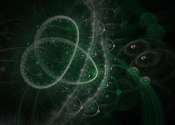Hydropower dams induce widespread species extinctions across Amazonian forest islands
Hydropower developments should avoid flooding forests to minimize biodiversity loss and disruptions to ecosystems in Amazonian forest islands, new research from the University of East Anglia (UEA) finds.








